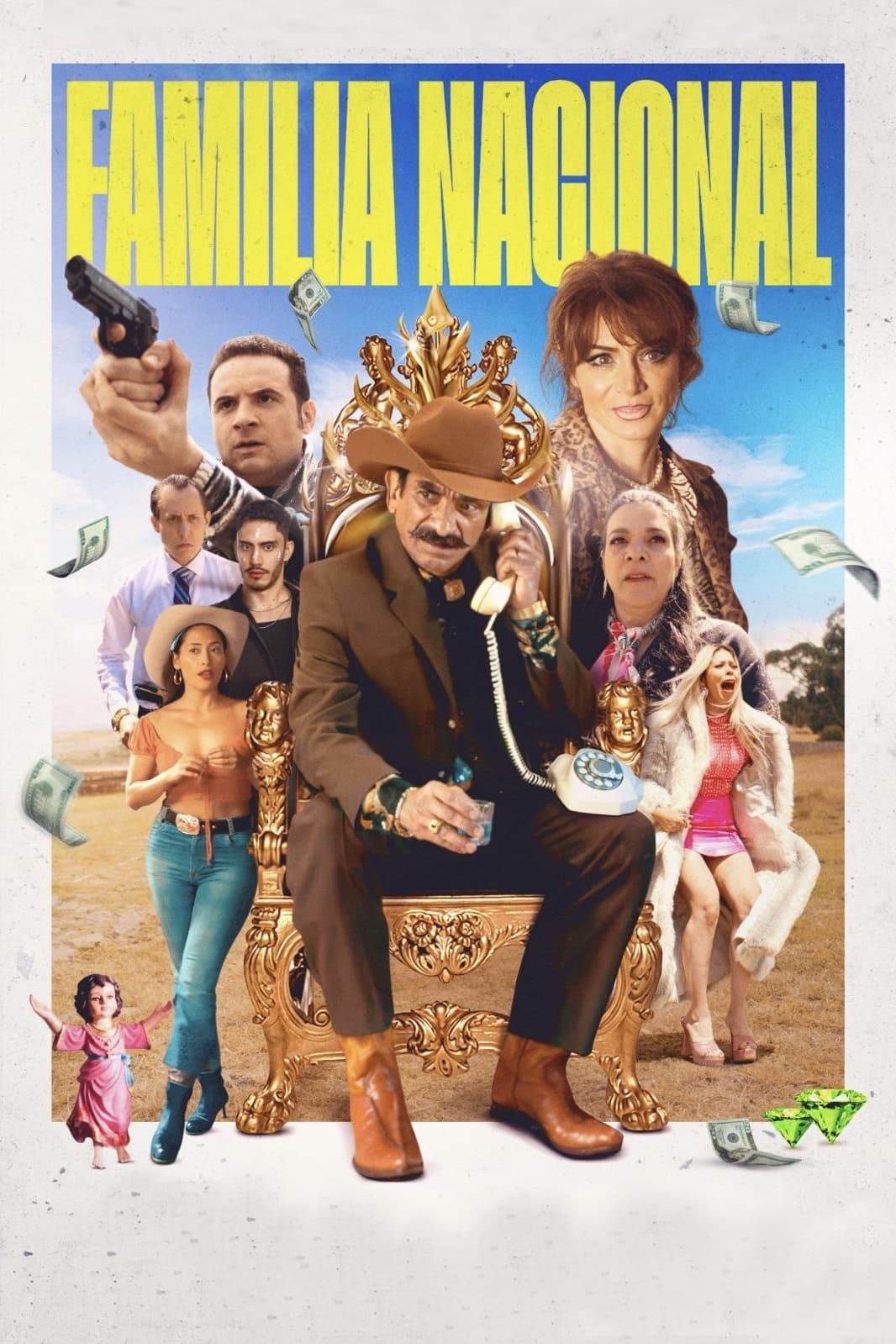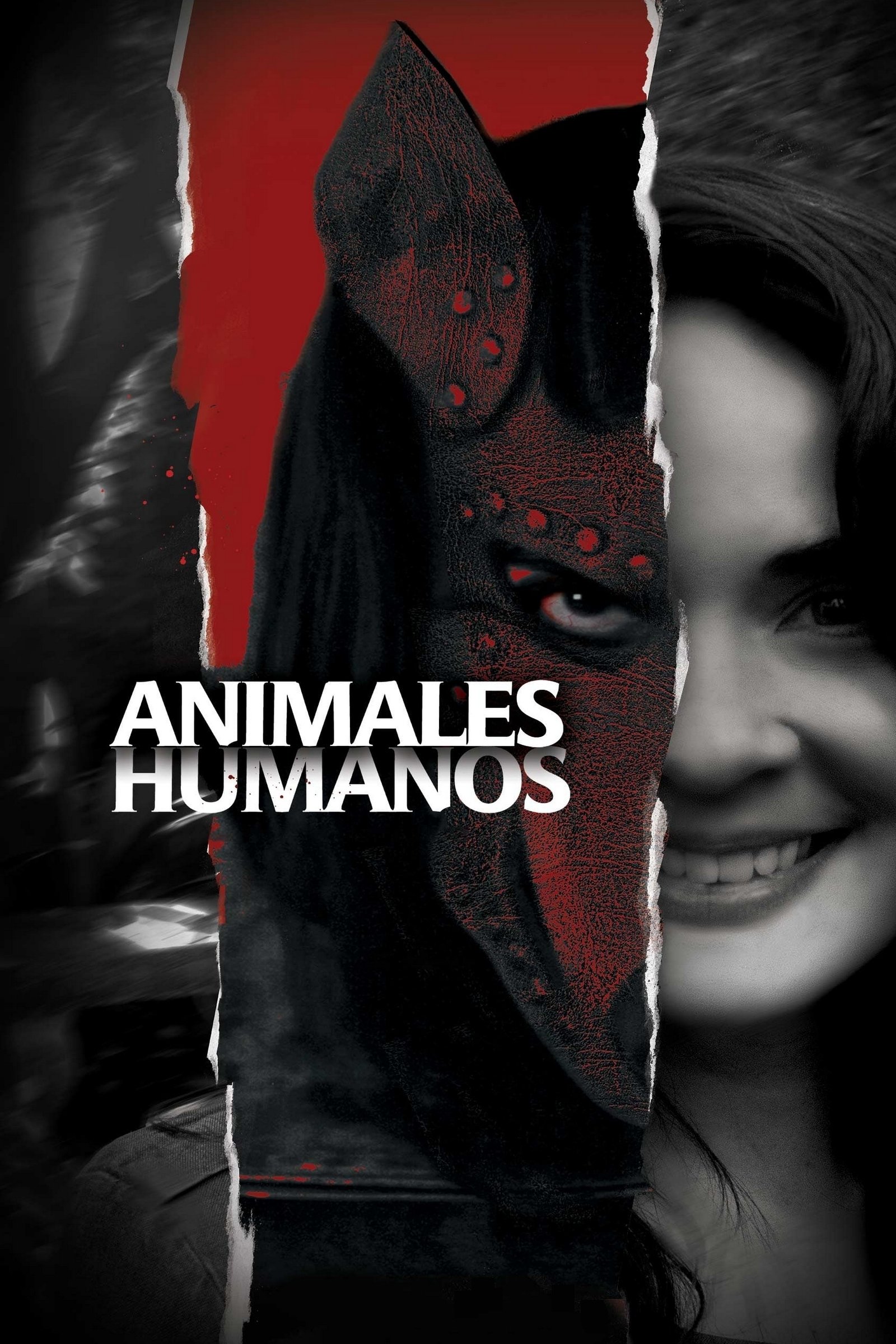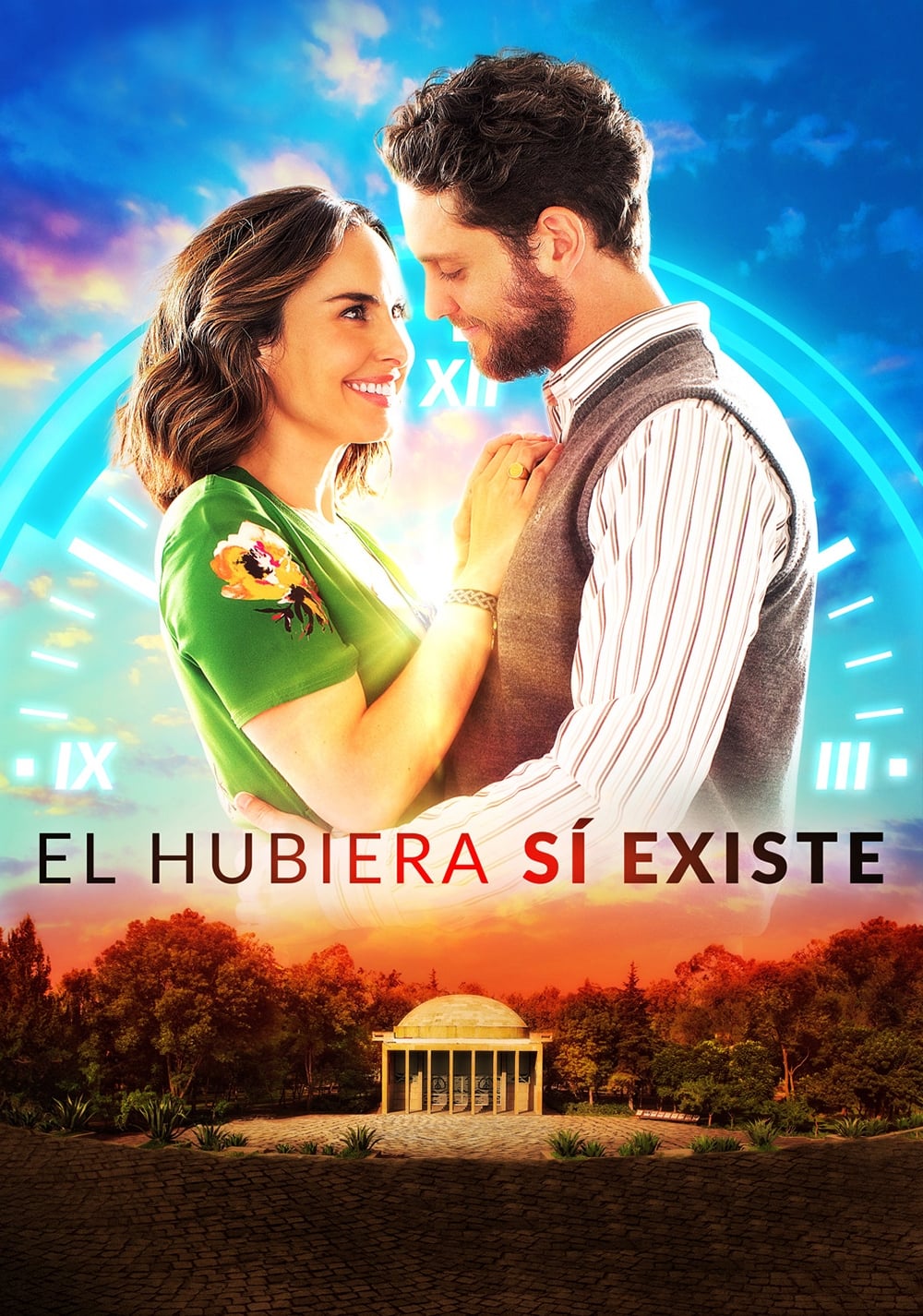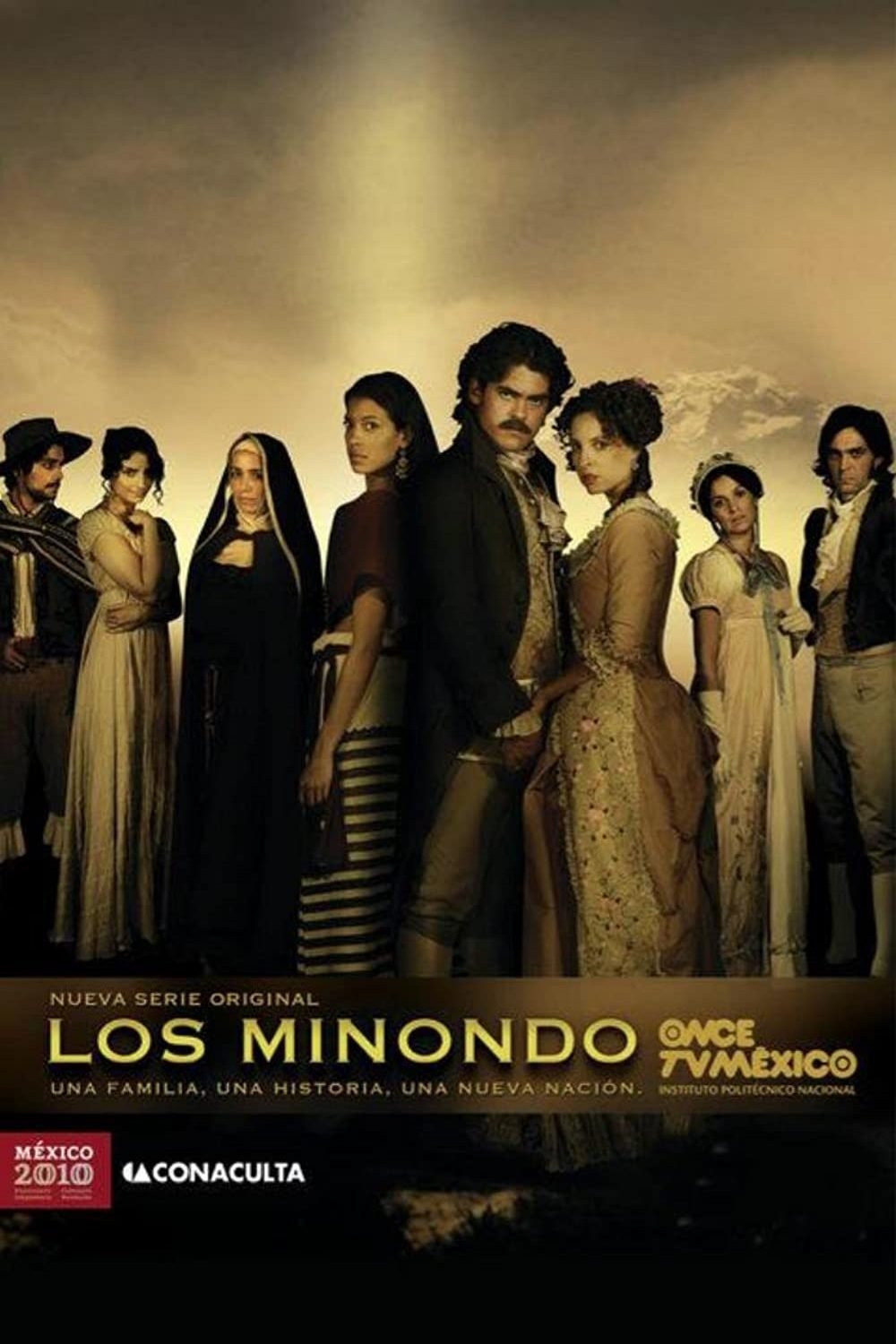

In 1985 Mexico City, a catastrophic earthquake buries thousands. A doctor with a dark past, a journalist chasing fame, and a family in distress risk their lives in rescue attempts. Their efforts become chances to change their own lives.

Maria, Mama Cake's owner, faces the consequences of success in selling "special" cakes and pastries.

Don Poli, the patriarch of a family embedded in politics, faces the change of party in his state - after a hundred years in power - losing all his privileges. Humiliated and angry, he threatens to disinherit his family and leave to rebuild his life. This forces his children (Kippy, Ramses and Belén) to take extreme measures to ensure their future, causing everything that could go wrong to turn out worse.

After George's mom dies, he's tasked with taking her ashes from Los Angeles to San Miguel de Allende, Mexico, where he meets Carmen, a beautiful singer who inadvertently saves his life.

The harmony of a seemingly idyllic neighborhood is disrupted when a dog attacks a young girl.

Elisa is an old-fashioned girl who receives the visit of her future self, who advises her to take the risk and invite Carlos, his best friend, on a date. She has always been attracted to him.

"Hasta que Te Conocí" unravels the life of the Divo de Juárez: Juan Gabriel. Gabriel's extraordinary talent as a singer-songwriter allowed him to rise above poverty, betrayal, and prejudice, eventually making him one the most beloved performers in all of Ibero-America.

"Los Minondo" is a historical drama based on a fictitious family (their last name Minondo). Their story is placed in real-life events in Mexican history. The story begins with the Mexican Revolution, right after Emiliano Zapata's death in 1919. It is there that a child is told the history of his family. The story-telling then takes us back to the colonial era. As it progresses it takes us through many generations in which this family interacts with Mexican Independence and the chaotic 1800's in Mexican history, including the U.S./Mexican war and the era of "El Porfiriato". It finally ends where it started, towards the end of the Mexican Revolution in 1919.